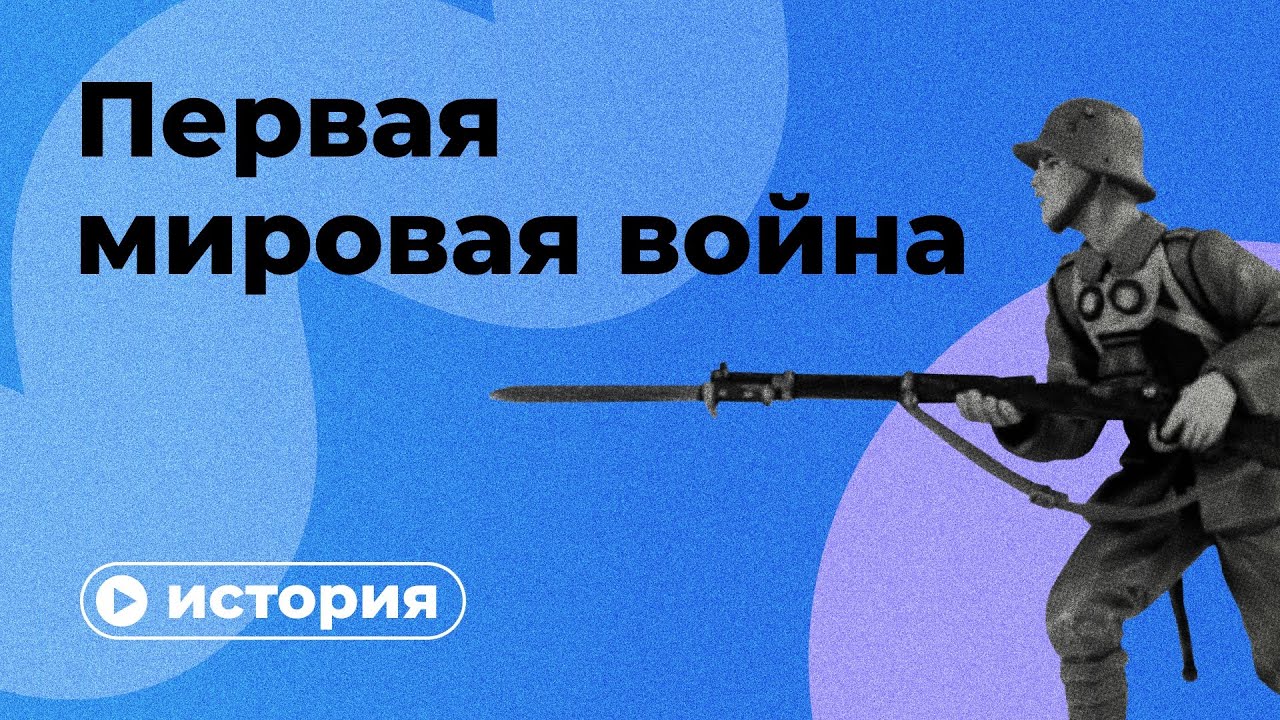BOLA FALA DE QUANDO TOMOU UMA SURRA DO...
Summary
TLDRThe video script discusses the history and impact of the War on Drugs, particularly focusing on the roles of U.S. Presidents Nixon and Reagan. It debates the legalization of drugs, suggesting that in the long term, it could reduce violence by eliminating a source of income and territorial disputes for criminal organizations. The conversation also touches on the current situation in Rio de Janeiro, where criminal factions are more focused on selling marijuana than cocaine, and the challenges of addressing drug trafficking and cargo theft.
Takeaways
- 🇺🇸 The conversation discusses the history of the 'War on Drugs', suggesting it began with Nixon in the 1970s and continued with Reagan's policies.
- 💡 There's a debate about the effectiveness of legalizing drugs, with the speaker expressing the belief that in the long term, it would reduce violence by eliminating a source of income and territorial disputes.
- 💸 The script mentions the economic impact of the 'War on Drugs', including the influx of billions of dollars into Colombia under Reagan's administration to combat drug cartels.
- 📉 The unintended consequence of Reagan's policies was the decrease in cocaine prices worldwide due to the disruption of cartels, leading to an increase in producers.
- 🏢 The discussion touches on the current situation in Rio de Janeiro, where factions involved in drug trafficking have diversified into real estate, specifically constructing and renting out buildings in the Maré favela.
- 🏭 It's highlighted that the police have discovered and are demolishing buildings funded by illicit drug trade money, which has led to a debate about the best approach to combat drug trafficking.
- 🛑 The script references a specific incident where a 10-story building in a favela was being rented out by a drug faction, emphasizing the complexity of the issue.
- 👮♂️ There's mention of a police operation in Rio de Janeiro targeting the source of income for drug traffickers, suggesting a direct approach to disrupting their operations.
- 🚚 The conversation also covers the issue of cargo theft, with a high number of trucks being stolen in Rio, which has implications for the local economy.
- 🍕 The script describes how stolen goods are sometimes sold directly from the back of trucks by traffickers, affecting the local community and economy.
- 🍼 Nostalgic references to childhood products like Yakult and Gatorade are made, indicating a shift in societal norms and consumer habits over time.
Q & A
Who is credited with starting the 'War on Drugs' according to the transcript?
-The transcript suggests that the 'War on Drugs' is often attributed to President Richard Nixon, who announced in 1971 that drug abuse was public enemy number one.
What was the impact of the 'War on Drugs' in Colombia as described in the transcript?
-The transcript indicates that the 'War on Drugs' in Colombia, initiated by the Reagan administration, resulted in the cocaine becoming cheaper worldwide due to the disruption of cartels and an increase in the number of producers.
What is the role of the 'Operation Colombia' mentioned in the transcript?
-The 'Operation Colombia' is described as an initiative that involved injecting billions of dollars into Colombia to combat drug cartels, which was part of the broader 'War on Drugs' strategy.
How did the speaker describe the situation with drug factions in Rio de Janeiro?
-The speaker describes that the main factions in Rio de Janeiro, which primarily sell cocaine and marijuana, survive more on the sale of marijuana. There's also mention of a police operation in the Favela da Maré, where a high-rise building constructed by a faction was being demolished.
What is the speaker's view on the legalization of drugs in terms of violence reduction?
-The speaker believes that in the long term, the legalization of drugs will reduce violence as it is one of the sources of income and territorial dispute.
What historical event is mentioned in the context of the end of a previous 'enemy' during the Reagan era?
-The transcript refers to the fall of the Berlin Wall as a historical event that marked the end of a previous 'enemy' during the Reagan era, suggesting a need to find a new adversary.
What is the speaker's opinion on the effectiveness of demolishing properties linked to drug trafficking?
-The speaker supports the demolition of properties linked to drug trafficking as an effective solution, stating that it is the only way to cut off the source of income for traffickers.
What is the speaker's recollection of the educational system in São Gonçalo?
-The speaker reminisces about the quality of education in São Gonçalo, mentioning a specific school that no longer exists and expressing sadness over its closure.
What is the discussion about cargo theft in Rio de Janeiro as presented in the transcript?
-The transcript discusses the high rate of cargo theft in Rio de Janeiro, mentioning that there were up to 30 trucks stolen per day, which later decreased to nine after interventions.
What is the significance of the 'yakut' in the speaker's childhood memories?
-The 'yakut' is a product that the speaker recalls from his childhood, mentioning that it was sold door-to-door and was a common item in the neighborhood.
What is the speaker's stance on the sale of stolen goods in local stores?
-The speaker condemns the sale of stolen goods in local stores, stating that it is a significant issue and that people should be aware of where their goods come from.
Outlines

このセクションは有料ユーザー限定です。 アクセスするには、アップグレードをお願いします。
今すぐアップグレードMindmap

このセクションは有料ユーザー限定です。 アクセスするには、アップグレードをお願いします。
今すぐアップグレードKeywords

このセクションは有料ユーザー限定です。 アクセスするには、アップグレードをお願いします。
今すぐアップグレードHighlights

このセクションは有料ユーザー限定です。 アクセスするには、アップグレードをお願いします。
今すぐアップグレードTranscripts

このセクションは有料ユーザー限定です。 アクセスするには、アップグレードをお願いします。
今すぐアップグレード関連動画をさらに表示

Guerra da Vietnã - 2ª Série

The Indo-Pakistani War 1965 | Animated History

The House I Live In Official Trailer #1 (2012) Drugs Documentary Movie HD

Первая мировая война за 10 минут

Economic Depression and Dictators: Crash Course European History #37

SONA 2018: Duterte: Drug war will be 'relentless and chilling'
5.0 / 5 (0 votes)
